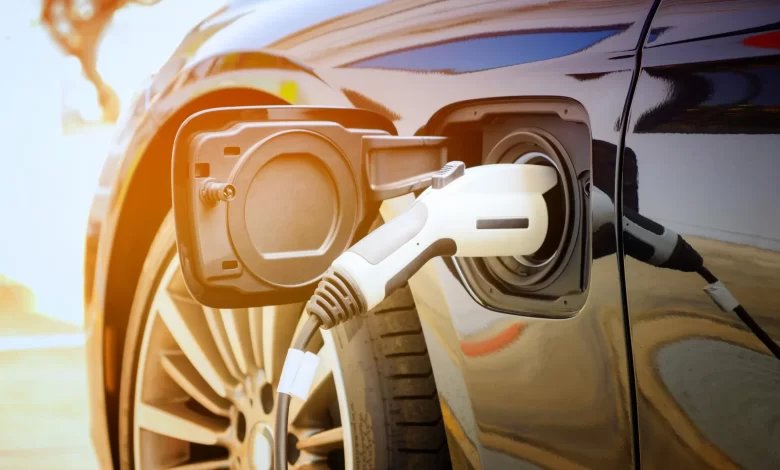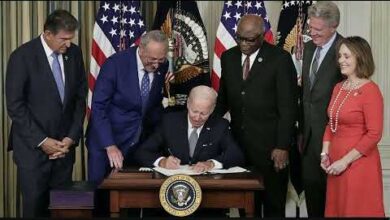New analysis suggests Birmingham/Hoover motorists could save with electric vehicles

The Alabama Clean Fuels Coalition (ACFC) on Friday highlighted a new analysis which found Birmingham ranks second in the nation in daily private vehicle miles traveled by motorists. ACFC notes that given the high number of miles traveled, Birmingham motorists could see big fuel savings with the transition to electric vehicles (EVs).
The new analysis from Replica, a mobility analytics firm that studied private, weekday car trips made by adults in the nation’s 50 largest metro areas from fall 2023, found Birmingham motorists drive an average of 36.1 miles per day, or about 20 percent more than the national average, and spend more than two hours in their vehicle each day.
Birmingham/Hoover ranks No. 2 nationally in per capita miles driven and daily travel minutes, meaning Birmingham is one of America’s driving capitals.
“This study shows that people in Birmingham drive more miles to get to and from work than almost every other place in the country – even more than Atlanta, Houston and Dallas,” said Michael Staley, president of the Alabama Clean Fuels Coalition, which promotes cost-effective implementation of domestically-produced alternative fuels. “Based on Replica’s figures that show how much the average Birmingham commuter drives each day, at current gas prices, our analysis says motorists can save $135 per month by switching from gas to electric.
“That adds to about $1,600 per year,” Staley continued, “and that’s significant savings for any family budget when you also factor in no longer needing to pay for oil changes or tune-ups. Since Birmingham motorists drive more miles, the cost savings are potentially bigger than other cities.”
Staley noted savings can multiply for EV owners who take advantage of utility-based incentives. Alabama Power, for instance, offers a discounted overnight rate for EV owners from 9 p.m. to 5 a.m., as well as a $500 rebate for EV owners who install a Level 2 charger at home.
“At Alabama Power, we are committed to providing our customers with EV-focused solutions to make the transition from gas to electric vehicles as easy as possible,” said Hasin Gandhakwala, Electric Transportation Manager at Alabama Power. “Charging a vehicle is already significantly cheaper than filling one up with gas, and these programs are designed to make that price gap even greater for EV drivers.”
In addition to utility-provided cost savings programs, motorists can also save money when purchasing a new vehicle with federal tax credits of up to $7,500.
“The federal tax credits may be available for the purchase or lease of an electric vehicle,” said Tom Dart, president of the Automobile Dealers Association of Alabama. “In fact, starting earlier this year, a new federal rule allows consumers to transfer the credit to an eligible dealer for an immediate discount at the point of sale. This can effectively reduce the sticker price for the customer.”
The state of Alabama is doing its part as well, through public education campaigns such as Drive Electric Alabama, aimed at key EV infrastructure investments across the state. The number of EVs on Alabama roadways has risen in recent years, and the Alabama Department of Economic and Community Affairs (ADECA) has developed a statewide EV infrastructure plan and funded grants for construction of public charging stations.
Blake Hardwich, executive director of the Energy Institute of Alabama, noted EVs provide savings to consumers and are also important to Alabama’s economy, with Mercedes-Benz in Tuscaloosa and Hyundai in Montgomery producing electric vehicles at their facilities and creating Alabama jobs.
“As more and more Americans make the switch from gas to electric, we want to make sure those vehicles are built right here in Alabama,” Hardwich said. “Automobiles are Alabama’s largest export and we’re the number one auto manufacturer in the nation – we want to keep it that way.”



